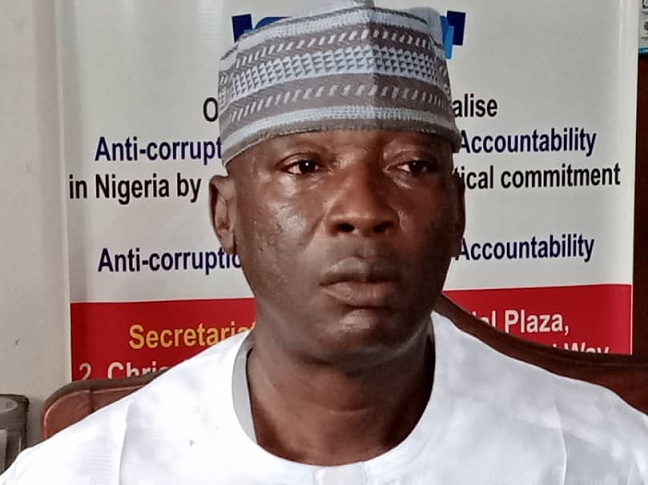The preliminary feasibility study (PFS) for iron-ore developer Kogi Iron’s Agbaja project, in Nigeria, has placed a $497-million price tag on the development of a five-million-tonne-a-year iron-ore project.
The project would have an internal rate of return of 23.7% and a pre-tax net present value of $420-million.
MD Iggy Tan said on Wednesday that the positive results from the study determined that the development and operation of a mine and processing plant at Agbaja was technically feasible, economically viable and socially and environmentally acceptable.
“Operating costs are estimated at around $43/t free-on-board and capital intensity at around $99/t . This places both the projected operating costs and the projected capital costs for Agbaja in the bottom half and bottom quartile respectively for global magnetite projects and comparable to some direct shipping ore hematite iron-ore projects.”
Tan noted that this was owing to the softness of the Agbaja material and the resultant moderate grinding intensity and simple processing plant design, the low strip ratio, gas-fired power and river barging for concentrate transport.
The project would have an estimated mine-life of 21 years, with ore sourced from two mining areas. The Stage 1 area contains about 158-million tonnes of indicated mineral resource, which would sustain the operation for its initial 15 years.
The Stage 2 mining area contains about 66-million tonnes of indicated mineral resource, and would sustain the operation for a further six years.
“These strong results have led to approval from the board to proceed to a definitive feasibility study as precursor to a decision to mine at Agbaja. The definitive feasibility study is expected to be completed by the end of the fourth quarter, 2014.”




